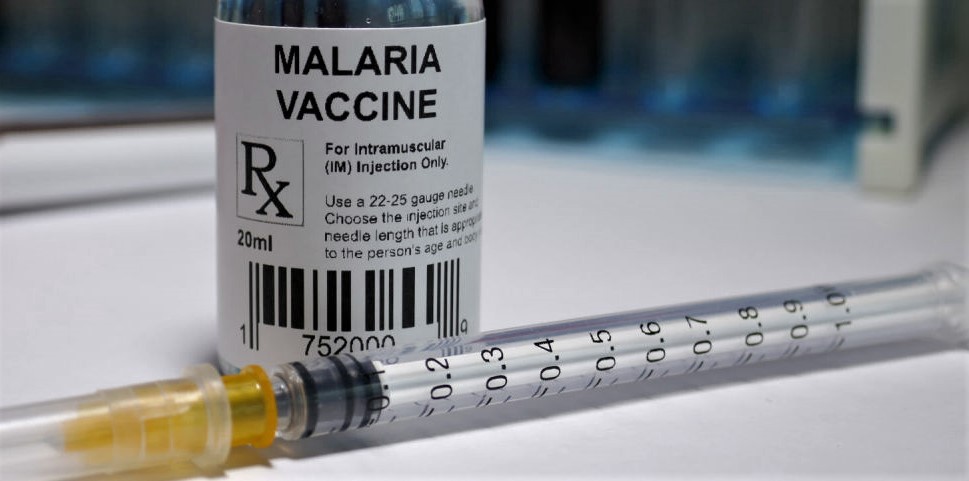By Asmau Ahmad with agency report
Nigeria has not applied for the RTS, S/AS01 malaria vaccine, as the second application window for the vaccine closed, The PUNCH has learnt.
The World Health Organisation, in 2021, recommended the widespread use of the RTS, S/AS01 (RTS, S) malaria vaccine among children in sub-Saharan Africa and other regions with moderate to high Plasmodium falciparum malaria transmission.
The vaccine acts against Plasmodium falciparum, the deadliest malaria parasite globally, and the most prevalent in Africa.
Nigeria (31.3%), the Democratic Republic of the Congo (12.6%), the United Republic of Tanzania (4.1%), and Niger (3.9%) account for just over half of all malaria deaths worldwide.
The Minister of Health, Dr Osagie Ehanire, had in February said Nigeria would soon begin the malaria vaccine trial.
The minister spoke at the Northern Traditional Leaders’ Committee on Primary Health Care Development Delivery Review Meeting in Abuja.
He said, “We shall very soon be trying the malaria vaccine; we have applied to receive the malaria vaccine, and that will also be introduced, as well as the application and the permit to be given the Human Papillomavirus vaccine.”
But in response to an email enquiry, Gavi, working to increase access to immunisation in poor countries, told our correspondent that Nigeria did not apply for the vaccine.
Gavi opened its first window of applications for support in July 2022, which covered three countries – Kenya, Ghana and Malawi.
A second window for applications, open to all other countries, was announced at the end of 2022, with a deadline of January 17, 2023.
Responding to an enquiry by The PUNCH, Evan O’Connell from Gavi explained said, “Nigeria did not submit an application in this window – however, a third window of applications for support is now open, and we understand Nigeria may submit an application for the malaria vaccine through this window, which closes on April 18.”
Our correspondent gathered that the applications submitted during the second window are currently being reviewed by Gavi’s Independent Review Committee, chaired by Dr Rose Leke of Cameroon.
The email explained that, “Shortly after the IRC’s decision, successful applicants will be allocated vaccine doses based on a number of criteria.
“The precise date of the roll-out will depend on country’s readiness, as introducing any new vaccine to a country takes time, planning, training, and resources, but countries allocated doses in this round could potentially start administering the vaccine later this year.”
The Minister of Health could not be reached for comment. He did not take his calls and had yet to respond to a text message sent to him on the matter as of the time of filing this report.




